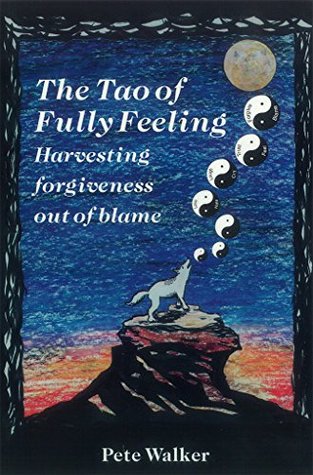More on this book
Community
Kindle Notes & Highlights
The term dysfunctional family refers to any family that damaged a child’s inborn self-esteem through any constellation of verbal, spiritual, emotional, or physical abuse and neglect
Industrial societies are becoming as soulless as the machine-icons they elevate above humanity. Industrial societies treat feelings as if they are obsolete parts.
The Tao of Fully Feeling is a guide to reclaiming the emotional richness we are stripped of in childhood, as our land is stripped of timber and coal.
The most common characteristic of adult suffering is self-hatred, and the most common focus of this hatred is our feelings.
In comparing pre- and post-industrial parenting practices, it seems evident to me that Western parents have lost touch with their emotionally-based parenting instincts. This factor alone causes most of our children a great deal of unnecessary and inadvertent damage and deprivation.
(We) have all developed the art of not experiencing feelings, for a child can only experience his feelings when there is somebody there who accepts him fully, understands and supports him. If that is missing, if the child must risk losing the mother’s love, or that of her substitute, then he cannot experience these feelings secretly “just for himself” but fails to experience them at all.
Afraid and ashamed of our emotions and our inner experience, we do not inhabit the parts of our bodies that generate loving feelings.
Most of the cul-de-sacs I explored in my flight from my feelings shared a common characteristic: the promise of an everlasting transcendence of normal emotional states like anger, sorrow, and fear.
How novel and amazing that all I have to do now with my feelings is accept them! Sometimes I can hardly believe how easy it is to simply feel them or give them benign expression.
Thomas Moore in Care of The Soul labels the be-all and end-all pursuit of happiness “the salvation fantasy.” The salvation fantasy is a beguiling, useless detour in our personal evolution.
The uplifting emotional effects of any growth technique or teaching, no matter how healthy and genuine, inevitably give way to normal, equally healthy experiences of less exalted feeling. At such times those who believe they should be unshakably cheerful and transcendent can only resort to blaming themselves as intrinsically flawed for this normal fluctuation in their sense of happiness and equanimity.
We cannot be healthy human beings without accepting and experiencing the full range of human feelings.
I now know that the lion’s share of my past emotional pain, well over ninety percent of it, came from the myriad ways I was taught to hate, numb, and run away from my feelings.


